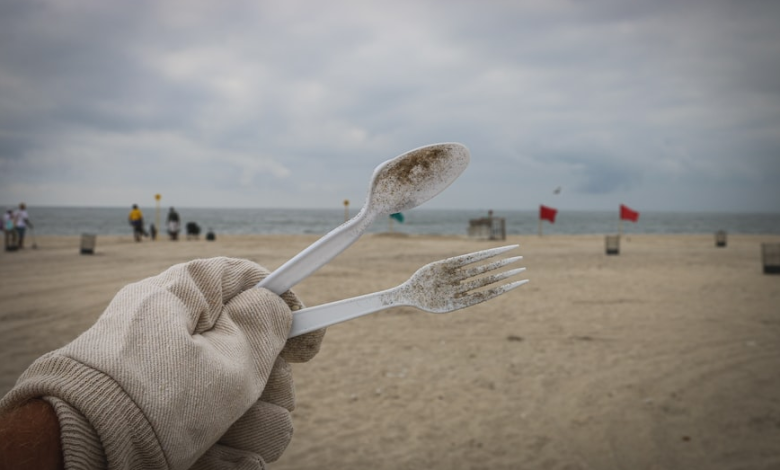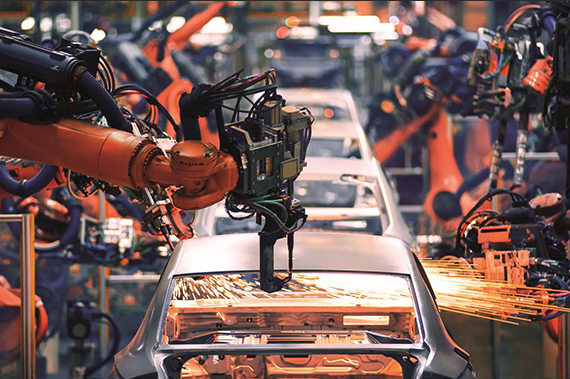The Environmental Impact of Plastic Spoons and Forks

Plastic spoons and forks, like many other single-use plastic items, have a notable environmental impact due to their production, use, and disposal. Here are some of the key environmental concerns associated with plastic spoons and forks:
- Resource Depletion: The production of plastic utensils requires the extraction of fossil fuels, mainly petroleum. This contributes to resource depletion and the ongoing reliance on non-renewable resources.
- Energy Consumption and Greenhouse Gas Emissions: The manufacturing process for plastic utensils involves energy-intensive processes, which result in the emission of greenhouse gases such as carbon dioxide. These emissions contribute to climate change and its associated environmental impacts.
- Pollution and Litter: Plastic utensils are often used for a short time and then discarded. Improper disposal, including littering, leads to plastic pollution in the environment. Plastic items can take hundreds of years to break down, causing long-lasting harm to ecosystems and wildlife.
- Ocean Pollution: Many plastic utensils that are improperly discarded end up in water bodies, including oceans. This contributes to the problem of marine plastic pollution, where plastic items break down into smaller microplastics that can harm marine life and enter the food chain.
- Wildlife Harm: Animals, both on land and in water, can ingest or become entangled in plastic utensils. This can lead to injury, suffocation, or death. The ingestion of plastic can also have harmful effects on animals’ health.
- Microplastics: As plastic utensils break down over time, they can degrade into microplastics—tiny plastic particles that can spread throughout the environment and even end up in the air we breathe, water we drink, and food we eat.
- Landfill Overflow: The disposal of plastic utensils in landfills contributes to the overcrowding of landfills, which can lead to environmental problems such as soil and groundwater contamination.
- Alternative Materials: While some plastic utensils are made from biodegradable or compostable materials, the infrastructure to properly manage and process these alternatives is not always readily available. Improper disposal of these materials can still lead to environmental issues.
To mitigate the environmental impact of plastic spoons and forks, several steps can be taken:
- Reduce Usage: Individuals can reduce their use of single-use plastic utensils by opting for reusable alternatives, such as stainless steel, bamboo, or even carrying their own utensils.
- Choose Alternatives: If single-use utensils are necessary, opt for those made from biodegradable or compostable materials that break down more easily in the environment.
- Recycle Properly: If the recycling infrastructure is available, make sure to recycle plastic utensils appropriately. However, many recycling facilities might not accept these items due to their small size and material composition.
- Support Bans and Regulations: Support and advocate for policies and regulations that limit or ban single-use plastics, including plastic utensils, to encourage more sustainable alternatives.
- Promote Awareness: Educate others about the environmental impact of plastic utensils and the importance of responsible consumption and disposal.
In summary, plastic spoons and forks contribute to a range of environmental problems due to their production, use, and improper disposal. To address these issues, a shift toward more sustainable alternatives and responsible consumer behavior is essential.




